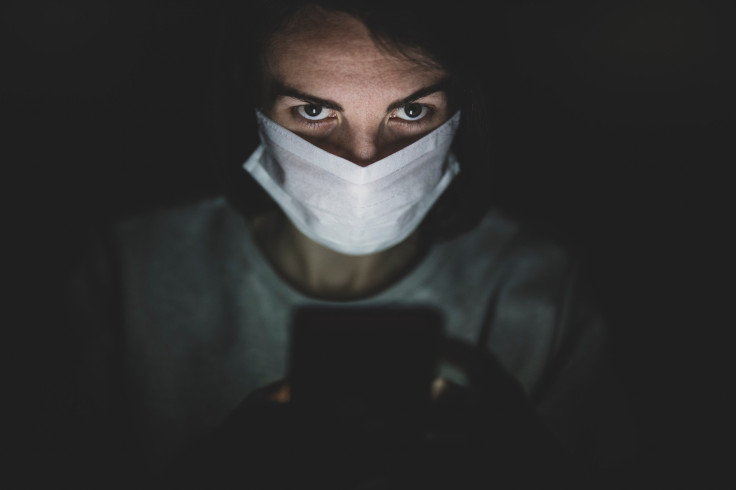
A team of scientists is working on developing a face mask that could kill coronavirus as soon as it comes in contact.
The innovative face mask is being developed by researchers at the University of Kentucky. According to the team, it is working n an idea that would allow the face mask to "capture and deactivate" SARS-CoV-2, which results in COVID-19.
The University of Kentucky researchers have received a $150,000 grant from the National Science Foundation (NSF) to work on the development of the masks. The team is being headed by principal investigator Dibakar Bhattacharyya, the director of the Center of Membrane Sciences at the university.
According to the team, the mask will have a membrane containing special enzymes. These enzymes would be capable of attaching itself to the spike-like protein structure of the surface of coronavirus and separate them. In the absence of the spikes, the coronavirus will not be able to attach to the human cells and therefore, will die.
Bhattacharyya, who has a special interest in tunable membranes and biocatalysis, wants to create a membrane mask, which is more spongy and porous. The membrane will feature charged domain and enzymes that will capture the coronavirus and deactivate it.
So far, no COVID-19 treatment, cure or vaccine is available. However, several vaccines and drugs are in clinical trials globally to check the efficacy and safety against coronavirus. However, it is unlikely that something noteworthy would be available until the next year.
Bhattacharyya said that it may take the team about six months to completely develop and test the membrane for its efficacy in killing the coronavirus. Once the membrane has been tested within the university, the work will then be transferred to a large-scale membrane manufacturer.
Adding to the efficacy of the mask, Battacharya said that the mask would be able to capture the virus on its surface. This would, therefore, reduce the number of viral particles that remain suspended in the air, thus reducing the further chance of others catching the coronavirus infection.
"We have the capability to create a membrane that would not only effectively filter out the novel coronavirus like the N95 mask does, but deactivate the virus completely," he said.
The researchers say that the mask would be really thin and people will be able to breathe easily in it. While it is still not sure, Bhattacharyya said that the mask may even change color when coronavirus is detected.
© 2025 Latin Times. All rights reserved. Do not reproduce without permission.




